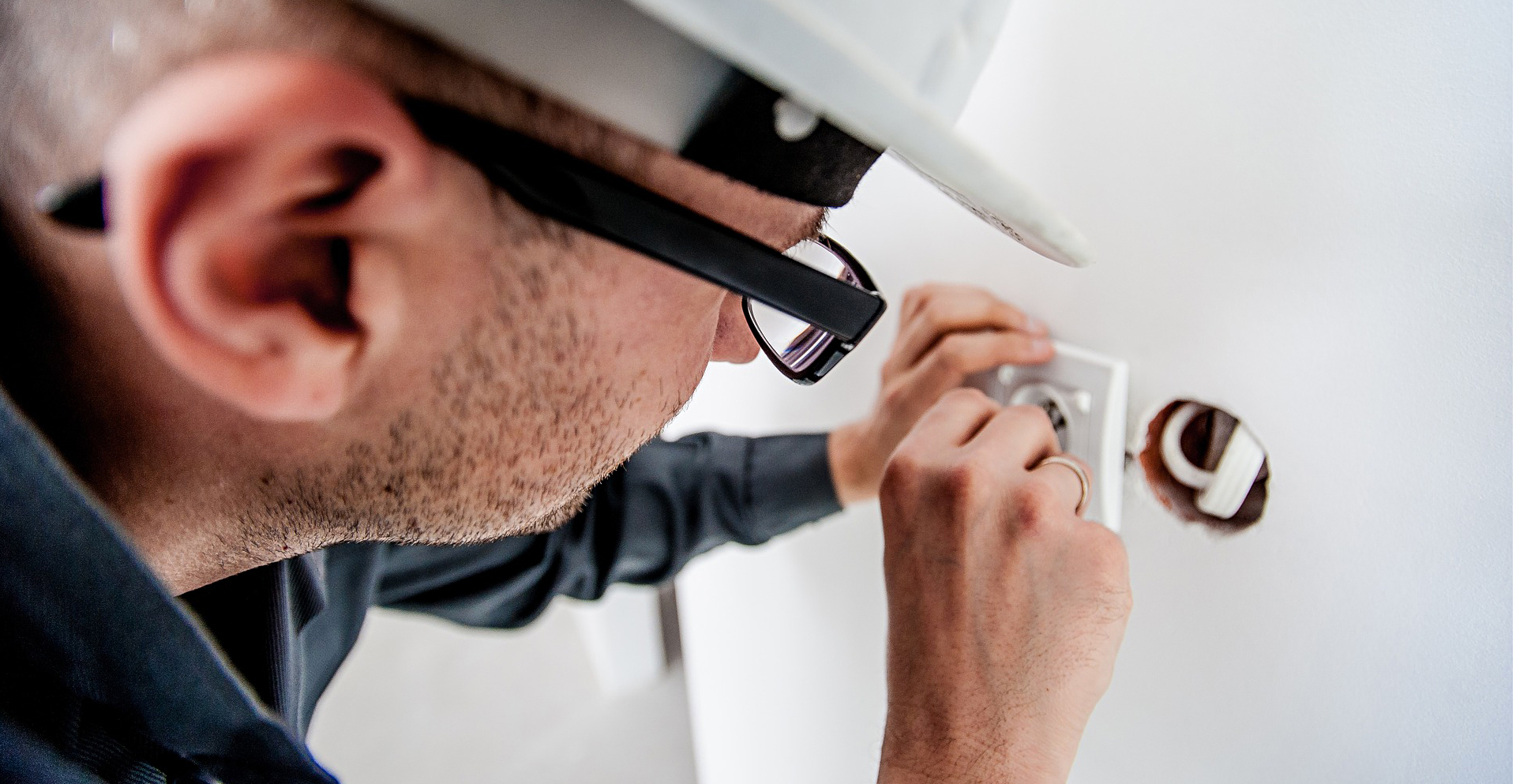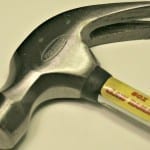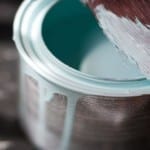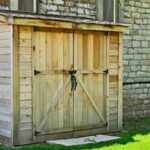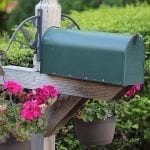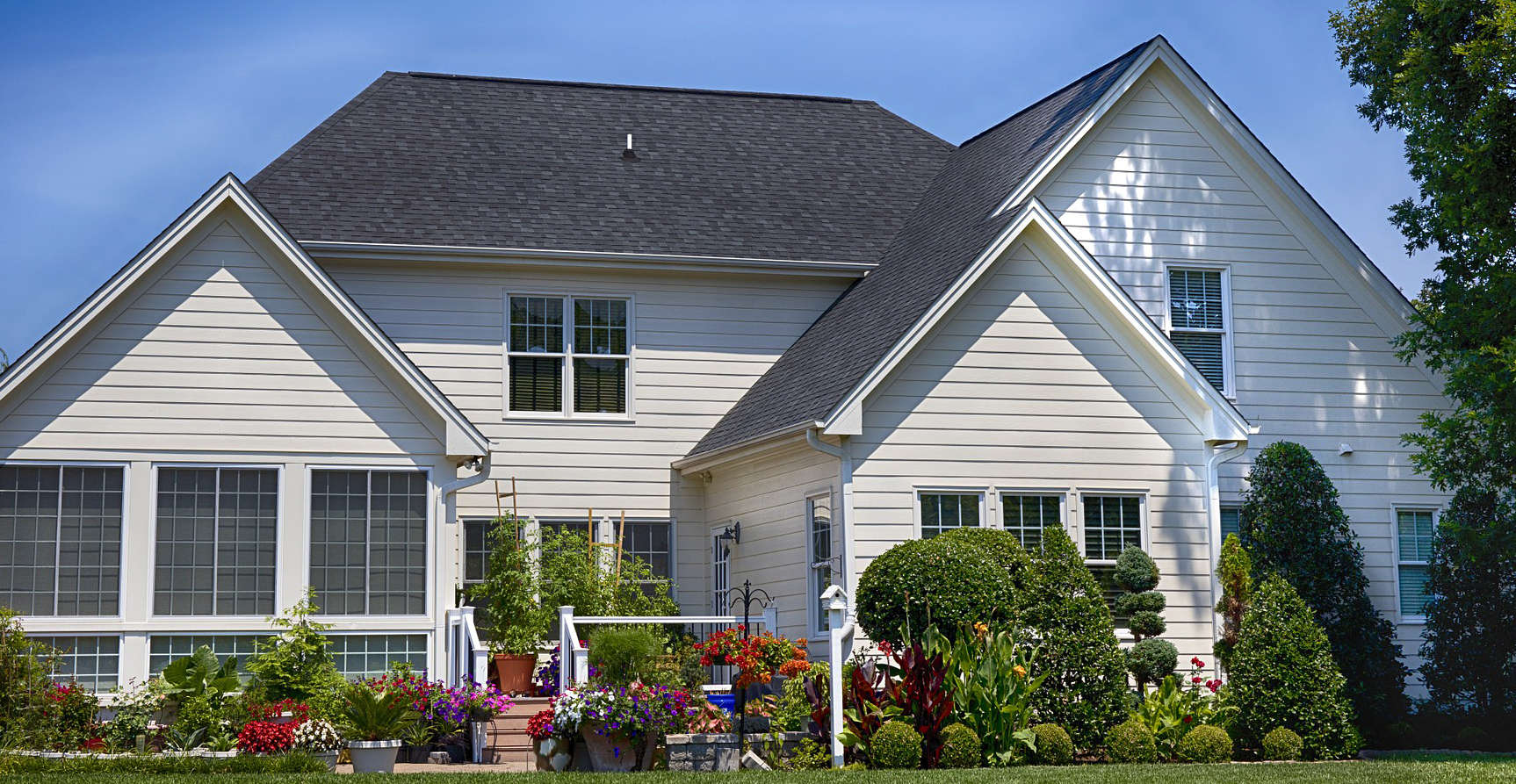
Must-Have Advice for First-Time Homeowners Plus Essential Cleaning Checklists
Buying your first home is an exciting time, but it can feel overwhelming, too. Here are a few tips for tackling home inspections, payment rates, planning exterior upgrades, and home cleaning advice for first-time homeowners.
Should I hire a home inspector, or can I inspect the home myself?
If you’re skilled at home DIYs, then you may be tempted to skip a home inspection. It’s best to hire a home inspector as they are professionally trained to detect structural problems, code violations, and other issues that you may overlook.
A thorough home inspection is important because it informs both the buyer and seller of the house’s current condition. And so any found issues can be fixed before you buy the house.
What Questions Should I Ask a Home Inspector?
Here are a few essential questions to ask home inspectors:
- Do you primarily work on residential property? (Choose a home inspector with several years of experience inspecting residential homes.)
- How long have you been in business? (A good indicator of their level of experience.)
- What training, certifications, or qualifications do you have?
- Can you provide references from previous customers? (Also, check their website and social media pages.)
- Are you a member of a professional association? (American Society of Home Inspectors and the International Association of Certified Home Inspectors are two professional associations for home inspectors).
- How much money will the inspection cost me? (The cost will vary depending on where you live. Home inspection service rates in the U.S. average from 14 cents to 20 cents per square foot, or about $300 to $400 for a 2,000-square-foot residence.)
Do I Need to Be Present During a Home Inspection?
It’s not necessary, but it’s recommended. Accompany the inspector to ensure the inspection is thorough and to view any issues found in the house firsthand.
What Questions Should I Ask During and After the Inspection?
What is the condition of the roof – shingles, flashing, and chimney?
Ask questions while the inspector is checking the roof. Are there any missing, buckling, or broken shingles? Any signs of wear? Is the flashing securely in place?
If the house has an asphalt shingle roof, ask the inspector to check the gutters for asphalt granules. An accumulation of granules may mean the roof needs to be replaced.
Additionally, if the inspector discovers that the roof is worn, leaking, or needs to be replaced, then ask the sellers to replace the roof. Or, request a payment decrease to compensate for the replacement cost.
Is the home structurally sound?
The home inspector will check the foundation. Ask the inspector if he sees any cracks. If so, then ask what type of crack it is (vertical, horizontal, step).
How big is the crack? Not all cracks are serious, but it’s a good idea to know the condition of the cracks before you buy the house.
What is the condition of the electrical wiring?
Ask the inspector if the electrical system is up to code and if he notices any worn or damaged wires. Is the electrical knob-and-tube? If so, you may have trouble obtaining home insurance, or the insurance company may charge you a higher premium payment.
Make sure the house’s electrical system is safe before you buy it.
How do I find a home inspector?
According to Home Repair expert Danny Lipford, you can find a local home inspector by:
- Asking for recommendations from friends or a realtor.
- Search “home inspection” and your city online.
- Look up “Home Inspection Services” in the phone book.
Upgrading Your New Home’s Exterior
First-time homeowners often have the desire to refresh their home’s exterior with new paint or upgrades. Before you make any changes, it is best to get a feel for the house, yard, and landscape.
Walk around your house and property to see how it looks from various angles and at different times of the day. How does the home and yard look from the street? Do the landscaping and plantings highlight or detract from the home’s appearance?
Consider your home’s exterior features such as doors, windows, shutters, trim, porch, etc. Do they look good together?
Take notes as you go. Consider color, contrast, and design elements to create a new look to boost your home’s curb appeal.
Improving the look of your home can be expensive, especially for first-time homeowners.
Budget-Friendly Ideas For Refreshing Your New Home’s Exterior
Paint your front door, or buy a new one
The front door is one of the first things that visitors see when they arrive. Is the paint chipped? Is the door hardware dull and worn? How out of date is the paint color?
Consider buying paint for your front door; a new bold color is an easy way to transform your entryway. Or, buy a new stylish front door.
Replace front door hardware
Is the hardware old or outdated? Or is the finish dull or faded? Small changes can make a big difference. Buy shiny door hardware to replace the dated ones.
Also, consider newly available security features.

Beautify the mailbox
Whether your mailbox is next to the street or near the entrance, it’s a focal point. Is the mailbox dented? It may be time to replace it. For chipped paint, a new coat can help do wonders.
Additionally, pop in some flowers for some roadside appeal by buying and placing planters next to the mailbox.
Porchlight panache
Is your porch light fixture dated? Is the finish dull or faded? A welcoming glow coming from the front porch greets visitors and assists them in entering safely.
If your porch light fixture is from the disco era, then consider buying an upgrade. Use your extra money to add additional porch lighting for security and switch out incandescent bulbs to economical LEDs.
Here are a few home upgrade tips from home repair expert Danny Lipford:
- Take time to browse through home magazines or drive through neighborhoods to view homes. Take notes of home exteriors that appeal to you.
- Try to identify the home features and elements that stand out. Draw from ideas, colors, and themes that you like.
- Think about the impression you want your house to make.
After the inspection, you’ll receive a report. Make sure you take the time to read and understand it.
If there’s anything in the document that you do not understand, call the home inspector and ask. And, if the inspector suggests additional inspections, such as for plumbing or HVAC, then it’s best to get it done.
Armed with a thorough inspection report and the advice needed to help first-time homeowners, you can make smart decisions about buying your future dream home.

